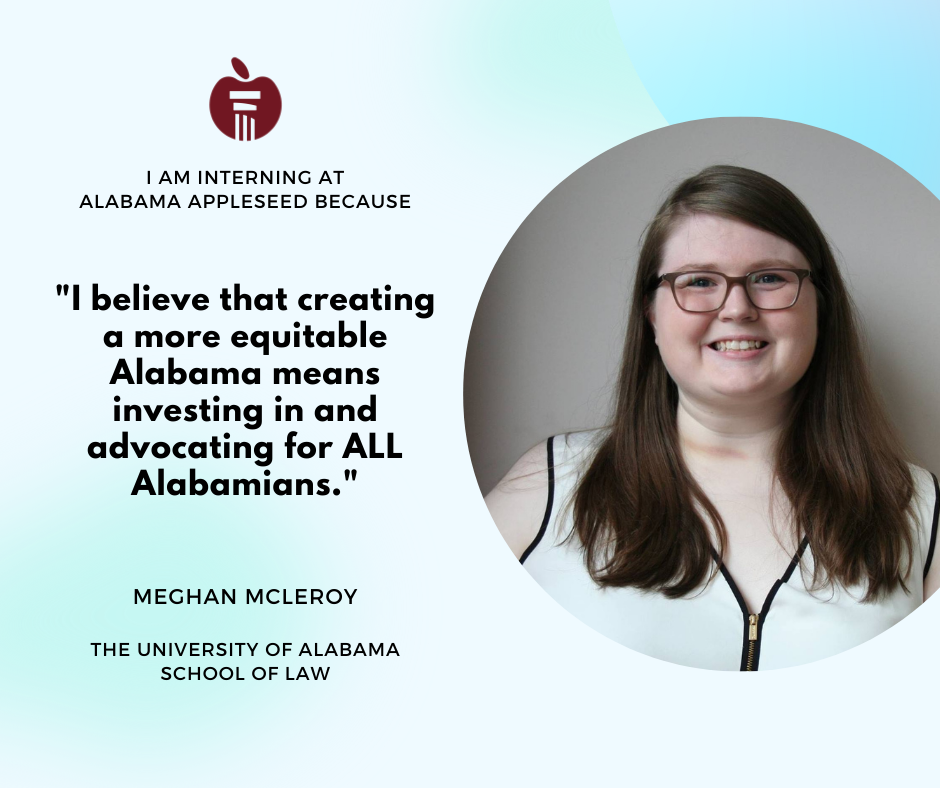
Ten years ago, I interviewed for a college scholarship in front of a large panel of interviewers. I intended to enter college with the goal of becoming a criminal defense attorney. One of the interviewers asked me, “How could you ever defend someone who was guilty?”
Reader, I wish I could tell you I had a perfectly prepared answer. Something rooted in the U.S. Constitution about due process and the right to counsel. Maybe something about how our legal system depends upon equitable representation and access to justice. But at the time, I stumbled. I let out a string of “um”s and “uh”s until I blurted out an answer of which I can’t remember the details but that I’m sure contained all the legal buzzwords 18-year-old me knew at the time: defendant, justice, law. Needless to say, I did not win the scholarship.
Now, a decade later, after changing my college major no fewer than four times, jumping from careers in editing, writing, and publishing to career services to theatre, moving from my born-and-raised home in Cullman, Alabama, to St. Louis, Missouri, to Chicago, Illinois, to Louisville, Kentucky to Tuscaloosa, I finally have an answer. And that answer is, that question asks the wrong question.
One of my mentors at Alabama Law, where I am currently a 3L, put it this way: We always ask, “How could you defend someone who is guilty?” and never “How could you prosecute someone who is innocent?” That is, the language we use is important, as the words we use—or don’t use—drive how the story is told.
That emphasis on storytelling, fueled by my aforementioned forays into writing, publishing, and theatre, drives me as a law student and legal advocate. The language we use and the questions we ask when we talk about the criminal legal system allow us to detach justice-involved individuals from the whole of their humanity—their personal narratives, who they are outside of what they’ve done. As such, I believe criminal justice reform requires us to change the way we talk about criminal justice. If we ask the same old questions, we find only the same old answers. Reforming our criminal legal system means asking new questions.
I am excited to spend my summer as a legal intern with Alabama Appleseed because they understand what it means to ask new questions and tell new stories. Appleseed’s focus on justice-involved individuals as the tellers of their own stories guides every aspect of their work. I am grateful to learn from Appleseed as they write a new chapter in Alabama’s criminal justice narrative.
Meghan McLeroy is a part of the Justice John Paul Stevens Foundation Public Interest Fellowship Program which provides grants to enable law students to work in public interest summer law positions.




Leave a Reply
Want to join the discussion?Feel free to contribute!